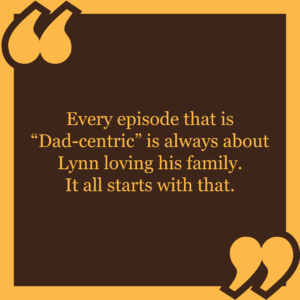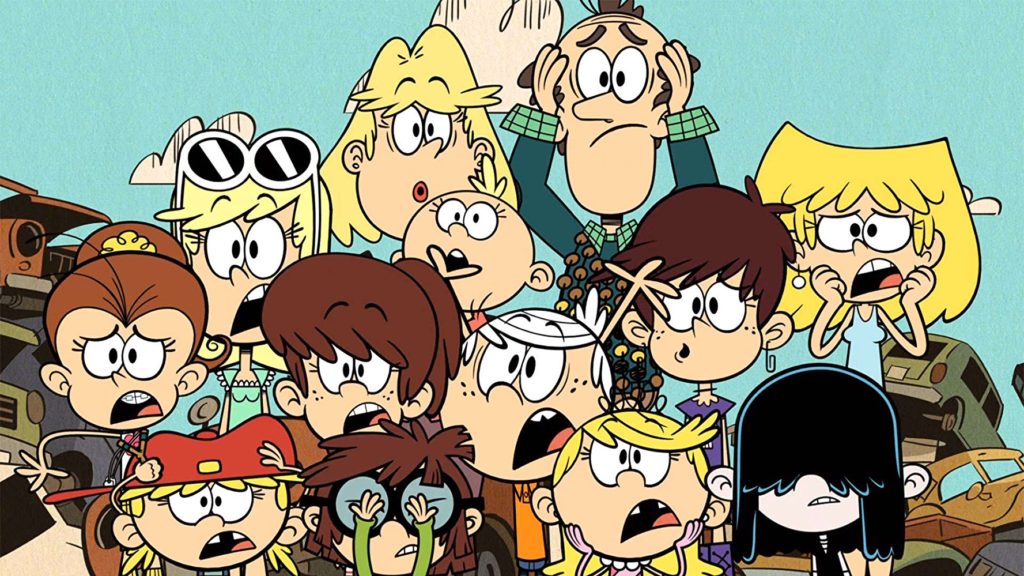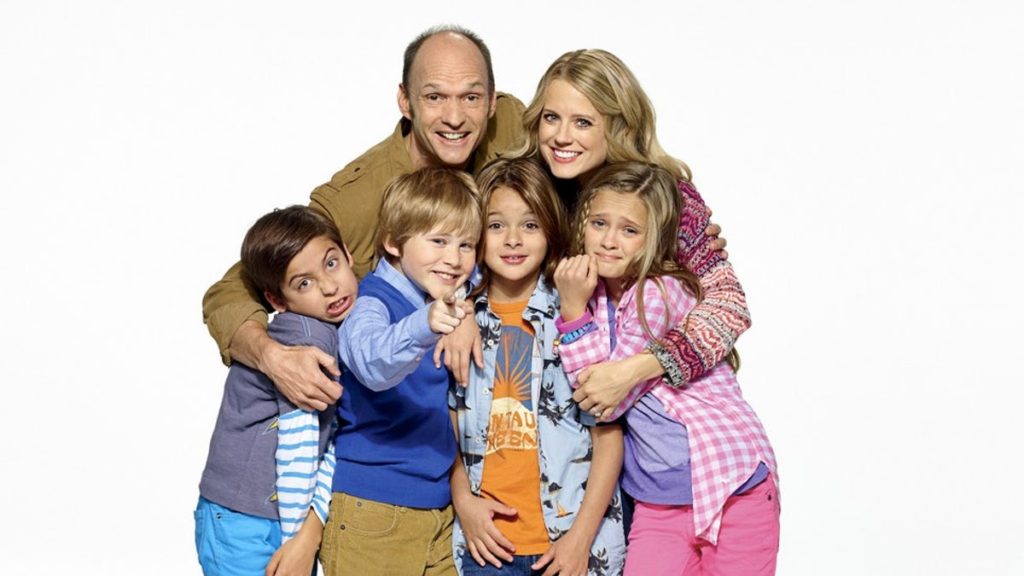 Song Title: “Where Do I Begin”
Song Title: “Where Do I Begin”
From The Album: Argonauta (art pictured at left)
Single Sentence Singles Review: Intimate and insightful, “Where Do I Begin” is actually the perfect place to begin exploring an artist who floods emotion into every aspect of her songwriting, making listening to her music a soul-stoking experience.
Beyond The Track: Aisha Burns’ Argonauta is due May 25th on Western Vinyl. Tour dates, including her upcoming record release show, can be found here.




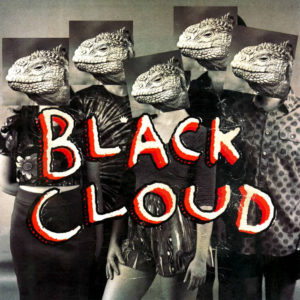 Song Title
Song Title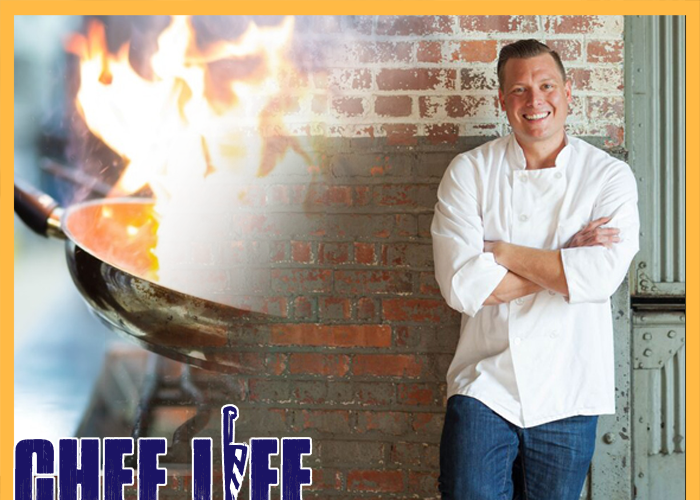
 Chef Trevor Tack
Chef Trevor Tack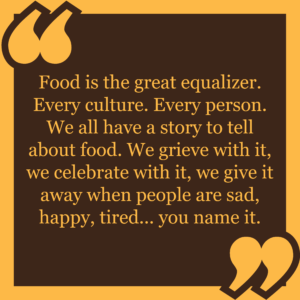
 TrunkSpace: As you stated, Hop Jam centers around music and uniquely crafted beers. For those foodies reading out there, can you tell us some basics on pairing the perfect brew with food? We know pizza and beer go together, but what should we order to drink with a good piece of fish or steak?
TrunkSpace: As you stated, Hop Jam centers around music and uniquely crafted beers. For those foodies reading out there, can you tell us some basics on pairing the perfect brew with food? We know pizza and beer go together, but what should we order to drink with a good piece of fish or steak?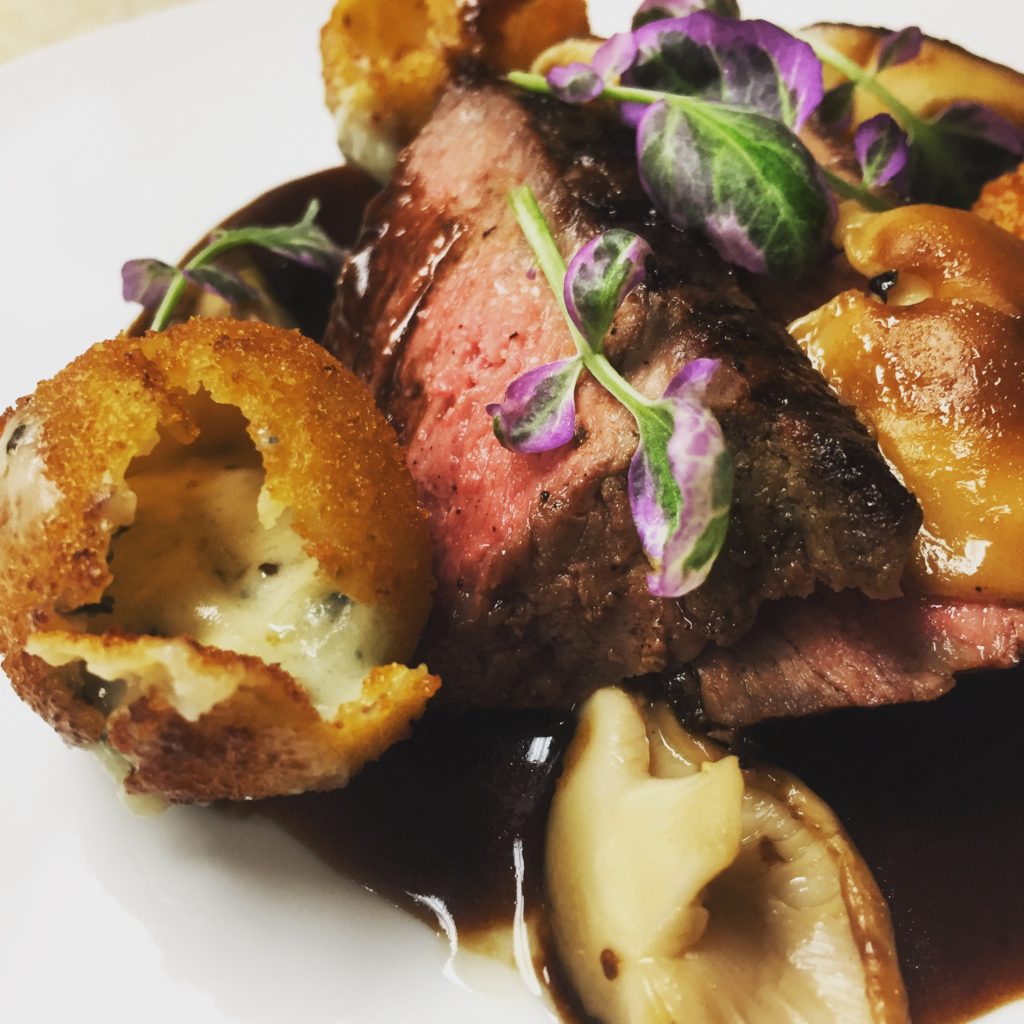
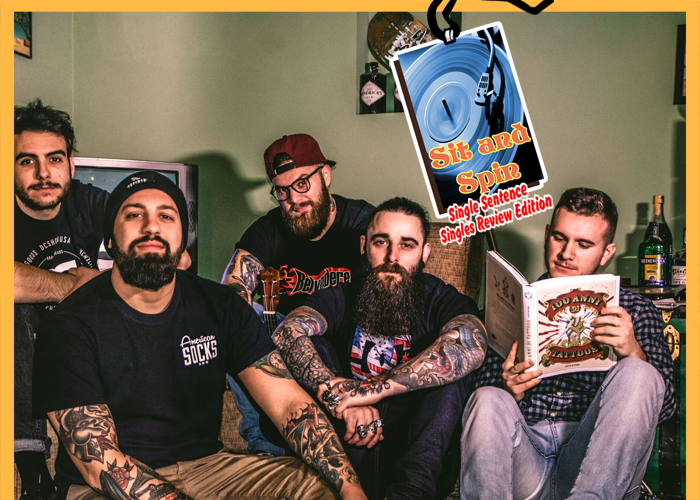
 Song Title
Song Title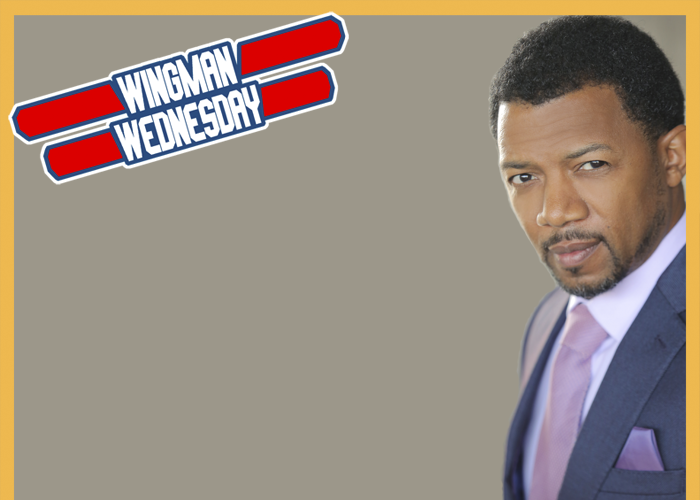
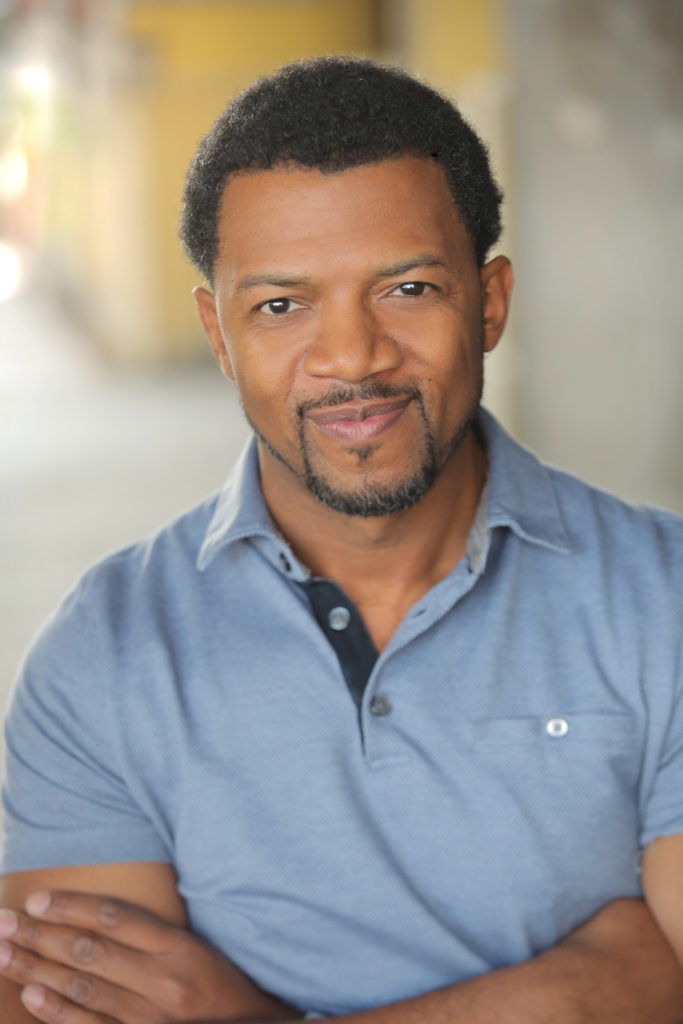
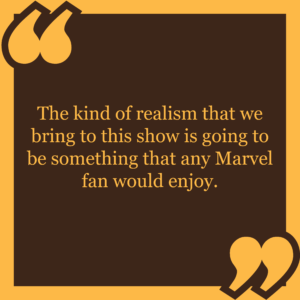 you and makes you care, in the family relationships for Tyrone and Tandy, as do Cloak and Dagger. We have people like Gloria Reuben who plays Adina, my wife on the show, Tyrone’s mother, and she’s just an amazing actress. The kind of realism that we bring to this show is going to be something that any Marvel fan would enjoy.
you and makes you care, in the family relationships for Tyrone and Tandy, as do Cloak and Dagger. We have people like Gloria Reuben who plays Adina, my wife on the show, Tyrone’s mother, and she’s just an amazing actress. The kind of realism that we bring to this show is going to be something that any Marvel fan would enjoy. 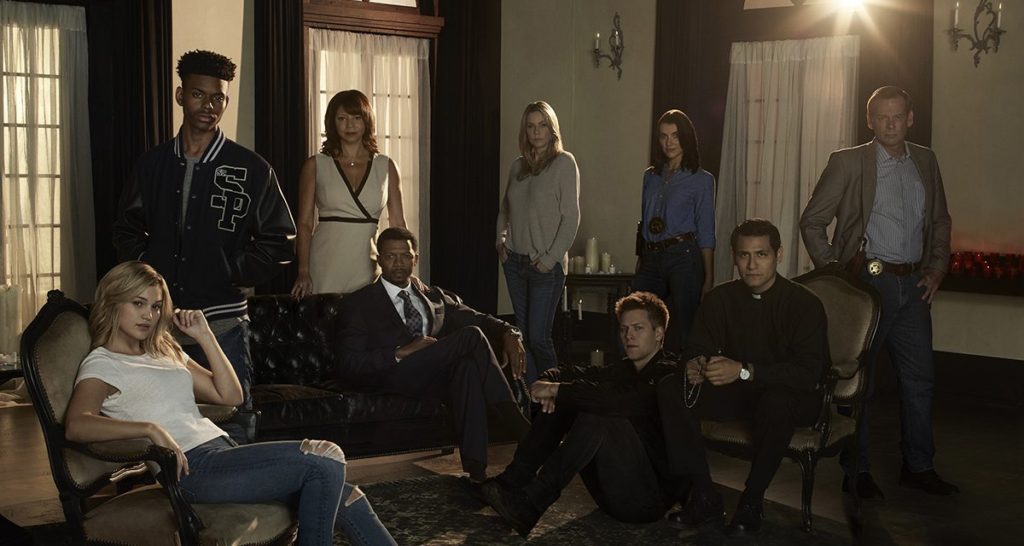
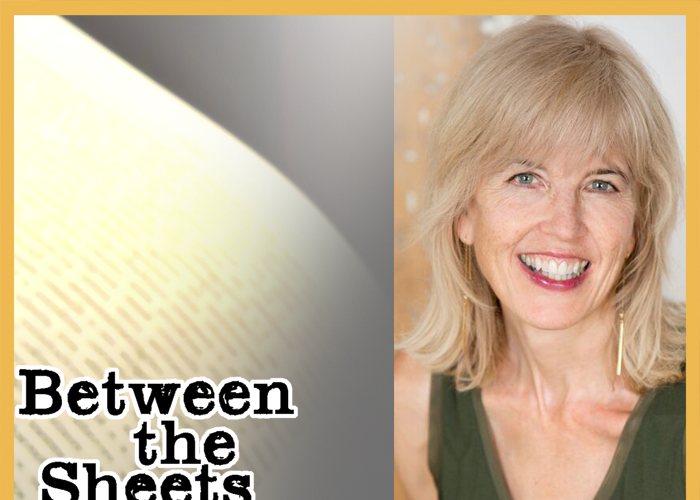
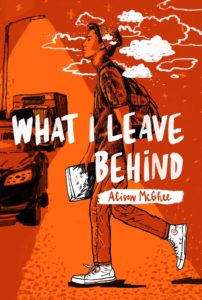 In our ongoing feature Between the Sheets, TrunkSpace picks the imaginative brains of authors to break down what it takes to create the various worlds and characters they breathe life into via the tools of their trade… sheets of paper. While technology continues to advance and change the pop culture landscape, the written word has remained one of the most consistent and imaginative art forms.
In our ongoing feature Between the Sheets, TrunkSpace picks the imaginative brains of authors to break down what it takes to create the various worlds and characters they breathe life into via the tools of their trade… sheets of paper. While technology continues to advance and change the pop culture landscape, the written word has remained one of the most consistent and imaginative art forms.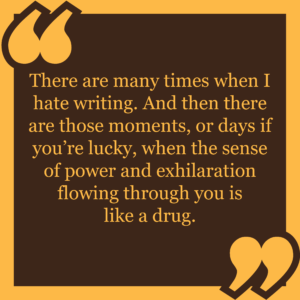
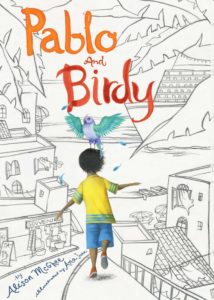 TrunkSpace: And what does that process look like? What are the ideal conditions for putting in a good day of writing?
TrunkSpace: And what does that process look like? What are the ideal conditions for putting in a good day of writing?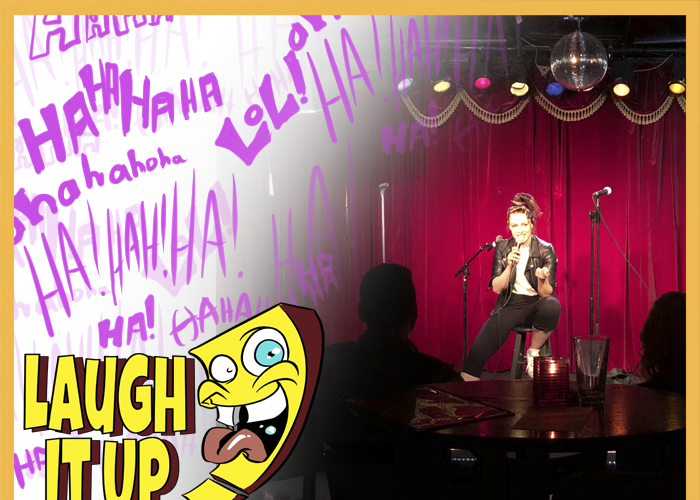
 Name
Name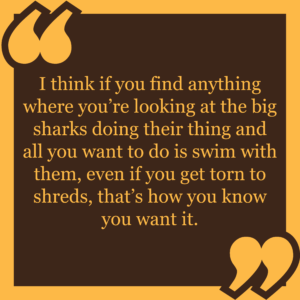

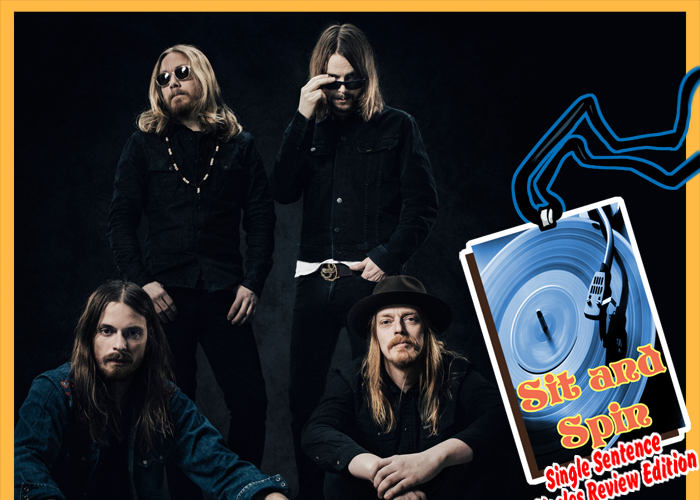
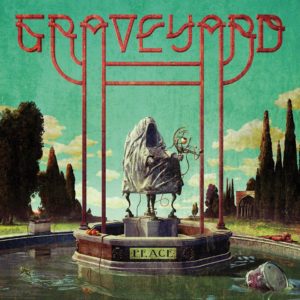 Song Title
Song Title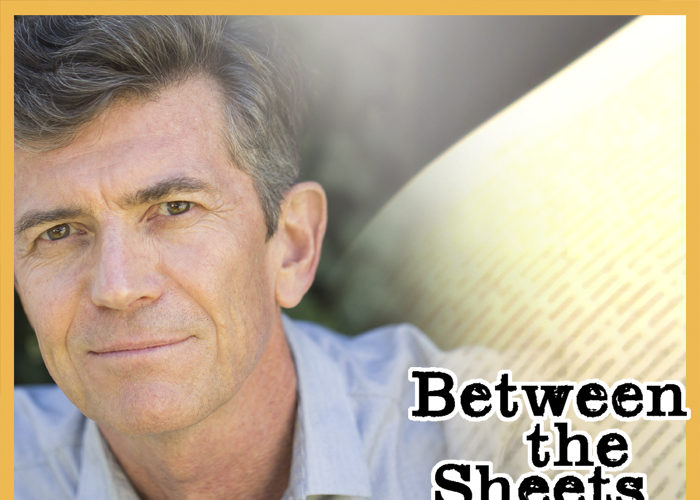
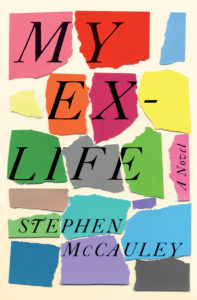 In our ongoing feature Between the Sheets, TrunkSpace picks the imaginative brains of authors to break down what it takes to create the various worlds and characters they breathe life into via the tools of their trade… sheets of paper. While technology continues to advance and change the pop culture landscape, the written word has remained one of the most consistent and imaginative art forms.
In our ongoing feature Between the Sheets, TrunkSpace picks the imaginative brains of authors to break down what it takes to create the various worlds and characters they breathe life into via the tools of their trade… sheets of paper. While technology continues to advance and change the pop culture landscape, the written word has remained one of the most consistent and imaginative art forms.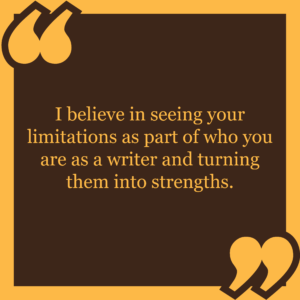 your creative abilities as you’ve traveled deeper into your career? For example, were you more self-assured in the process of writing “My Ex-Life?”
your creative abilities as you’ve traveled deeper into your career? For example, were you more self-assured in the process of writing “My Ex-Life?”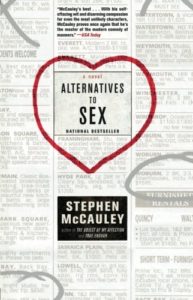 TrunkSpace: Regarding the process, is writing a labor of love for you or does it feel more like labor? Do you enjoy the process?
TrunkSpace: Regarding the process, is writing a labor of love for you or does it feel more like labor? Do you enjoy the process?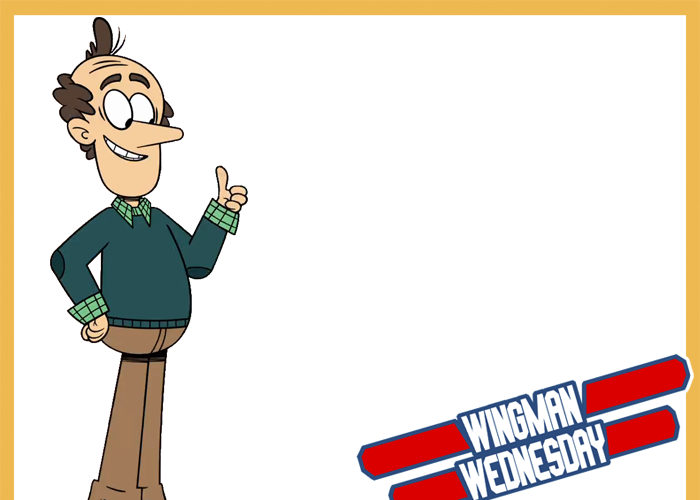
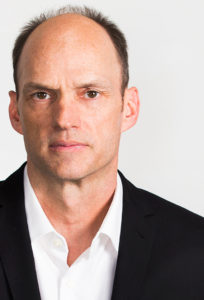 The Nickelodeon animated series “The Loud House” was not created for adults, but those with children will understand just how rare it is when shows for kids can also be enjoyed by the parents seated alongside of them. Often we, the grey-haired and crow’s feeted, are the unintended eyes on a program, forced to not only watch something, but watch it over and over and over again. Thankfully, “The Loud House” plays like a sitcom from the 1980s, complete with a catchy opening theme song, making us quiet fans of the Loud family.
The Nickelodeon animated series “The Loud House” was not created for adults, but those with children will understand just how rare it is when shows for kids can also be enjoyed by the parents seated alongside of them. Often we, the grey-haired and crow’s feeted, are the unintended eyes on a program, forced to not only watch something, but watch it over and over and over again. Thankfully, “The Loud House” plays like a sitcom from the 1980s, complete with a catchy opening theme song, making us quiet fans of the Loud family.